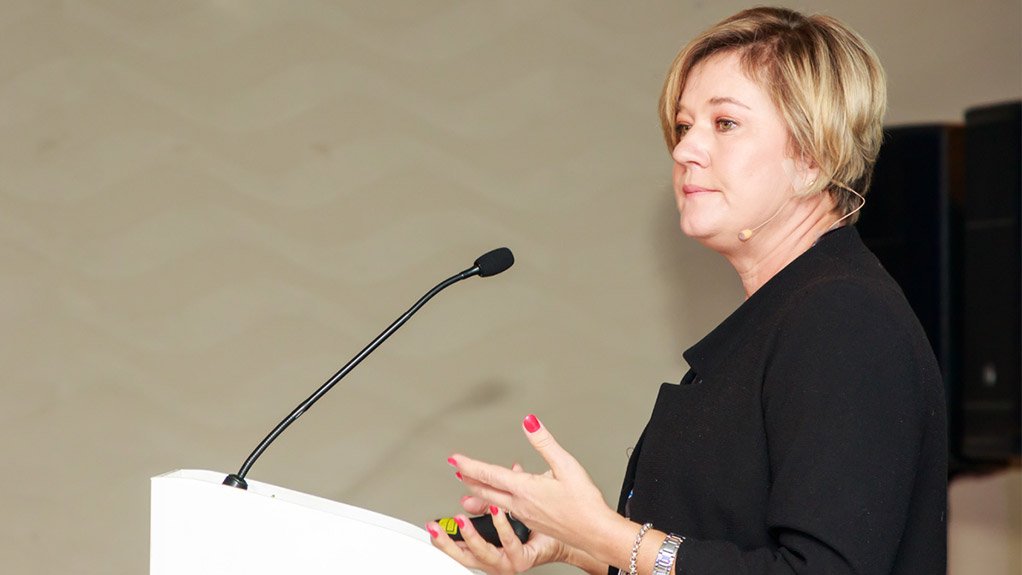This year is going to be extremely difficult for South Africa’s infrastructure sector owing to the 12% decrease in infrastructure spending, economist Elsie Snyman told delegates at the Consulting Engineers South Africa Infrastructure Indaba, in Johannesburg, on Monday.
Former Finance Minister Malusi Gigaba announced in his 2018 National Budget speech, last month, that a considerable reduction would be made in estimated public sector infrastructure spending from the values projected in 2017.
The public sector infrastructure programme encompasses energy, transport and logistics infrastructure, housing subsidy initiatives, health and education facilities, as well as investment in water and sanitation infrastructure.
“The cut will affect local municipalities and provincial governments directly. The fact that grants to these provinces and local municipalities have also been cut means that there’s pressure on them to improve their own revenue collection. When you have financial pressure, your capital investment is the first thing to be cut,” Snyman said.
She added that the election of Cyril Ramaphosa as President of the country would hopefully restore investor confidence in the sector, but warned that it would take another two to three years before any benefits are felt in the construction sector.
Snyman, meanwhile, said that a major challenge for consulting engineers was getting involved in a project from an early planning stage.
“It has been a major complaint from them, especially because if they get involved at a late stage of a project, it can cause delays in the scope of the project,” she noted.
She stated that, often, a project cannot go through to execution because consulting engineers are not involved in the planning stage.
“Although government says it has over R900-billion invested in infrastructure projects, one needs to know over what period of time that has been spent. A company needs to survive on an annual basis and needs to know how much funding it will receive,” she said.
She highlighted that in the run up to 2010, a lot of capacity was put in place to deal with the massive infrastructure boost and a lot of training was done in the construction and infrastructure space.
Things have since fallen flat, she said.
“Much of the downturn has to do with international markets and the economic situation that the country is in. It also has to do with political issues and confidence, which has led to a major financial constraint in the industry,” she noted.
Snyman stated that the will power might be there, and there might be programmes in place to improve planning, but without support from the private sector, there won’t be much financial capability.
Tender pricing, she noted, was another major challenge in the industry.
“It has been an issue for a very long time. The costs and time that it takes to tender can be significant, especially if a project is shelved after it has gone through the tender process,” she stated.
Snyman added that, without a pipeline of projects coming through in planning stages, the planning sector would be negatively affected.
EMAIL THIS ARTICLE SAVE THIS ARTICLE ARTICLE ENQUIRY
To subscribe email subscriptions@creamermedia.co.za or click here
To advertise email advertising@creamermedia.co.za or click here











